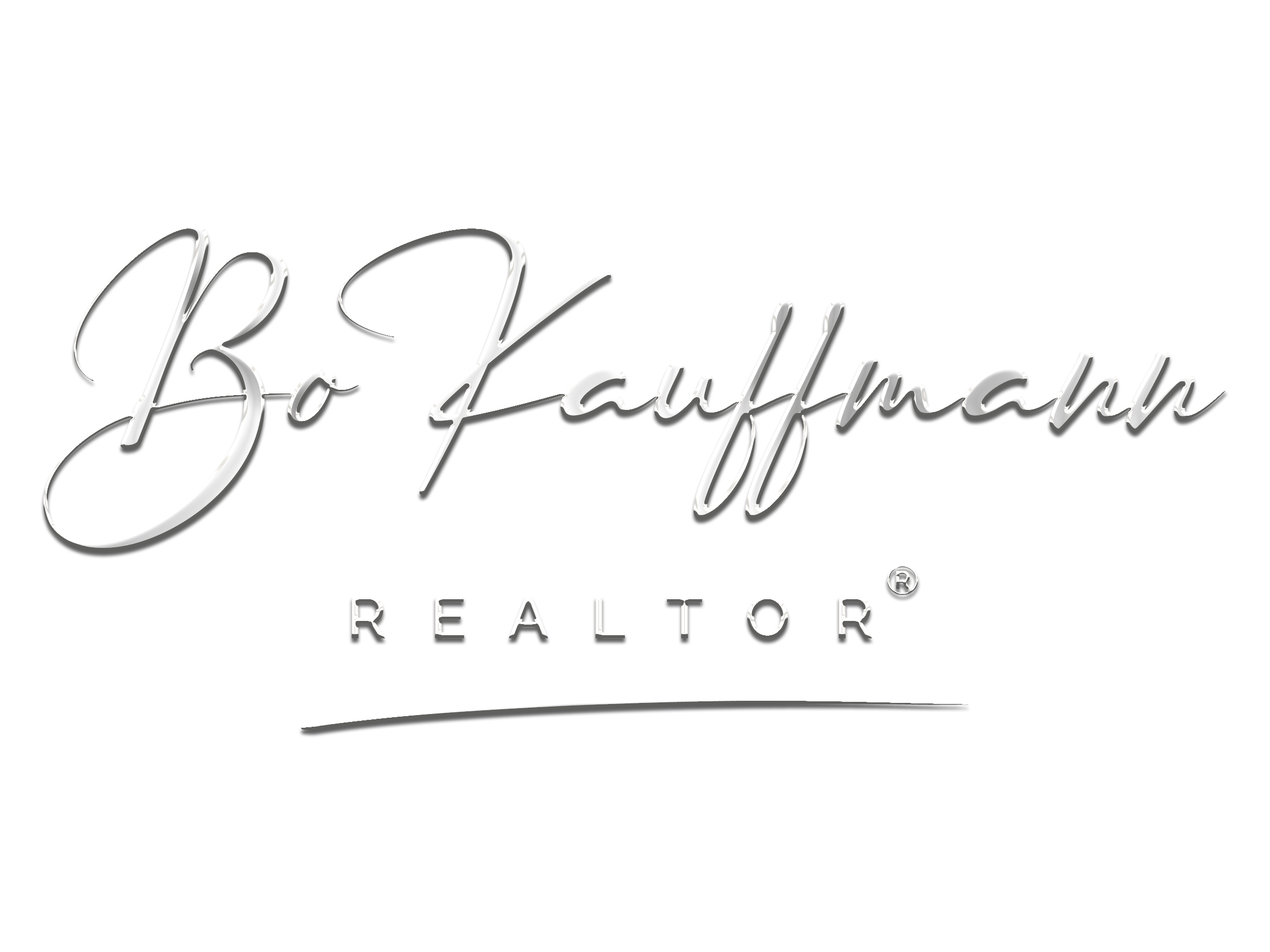
Things to Consider Before Becoming a Landlord
Thanks to Canada’s thriving rental market, many homeowners are considering the idea of becoming a landlord. Whether this means buying a second condominium unit as an income property or buying a home with a basement suite to lease out, there are lots of options for rental income. Here’s what you should know before you take the plunge.
Prepare to sacrifice either time or money. If you have the time and inclination, you might choose to market your property, screen tenants and handle maintenance fixes yourself. Many landlords are able to do this on their own, but it can be time-consuming and becomes more complicated if you don’t live close to your income property. An easier solution, many real estate agencies provide services that include pricing, marketing and showing your property, and will work with you to screen tenants, handle negotiations and fill out paperwork. In exchange, you will be asked to pay them a percentage of your annual rental income, usually equivalent to a month’s rent.
Know how it will affect finances. Investing can be a great way to gain passive income, but you should be aware of a few things. In most provinces, if you’re purchasing a second property, you will be required to have a down payment of at least 20 per cent. In addition, when a lender is assessing your finances, they will only consider 50 per cent of your projected rental income. And, finally, rental income, like any income, is subject to regular taxes. Speak with an experienced real estate agent or accountant to get a better idea of how your new property will impact your overall financial situation.
Know your rights and responsibilities. As a landlord, you have certain rights and responsibilities, which vary from province to province. For example, some cities have a policy to tighten rent controls, which affects how much landlords can charge for their rental units. Visit the website of your province’s landlord and tenant board for information about rental increase guidelines, unit access, under what circumstances you can evict a tenant, and more.
